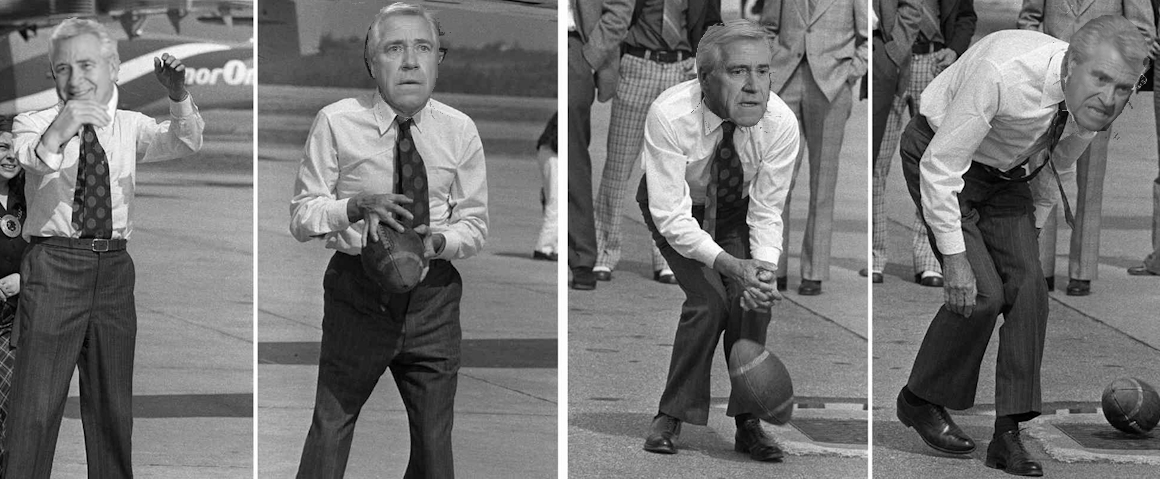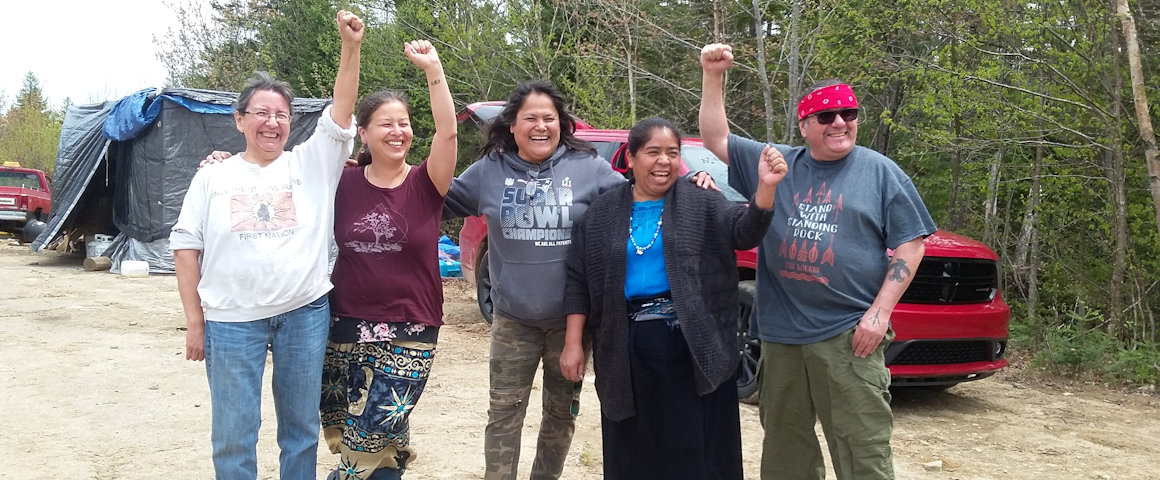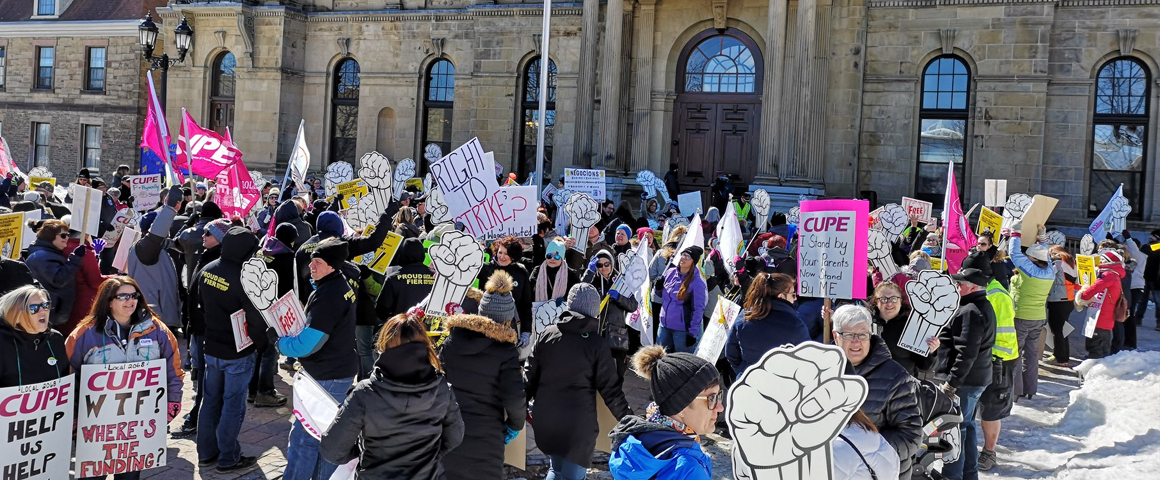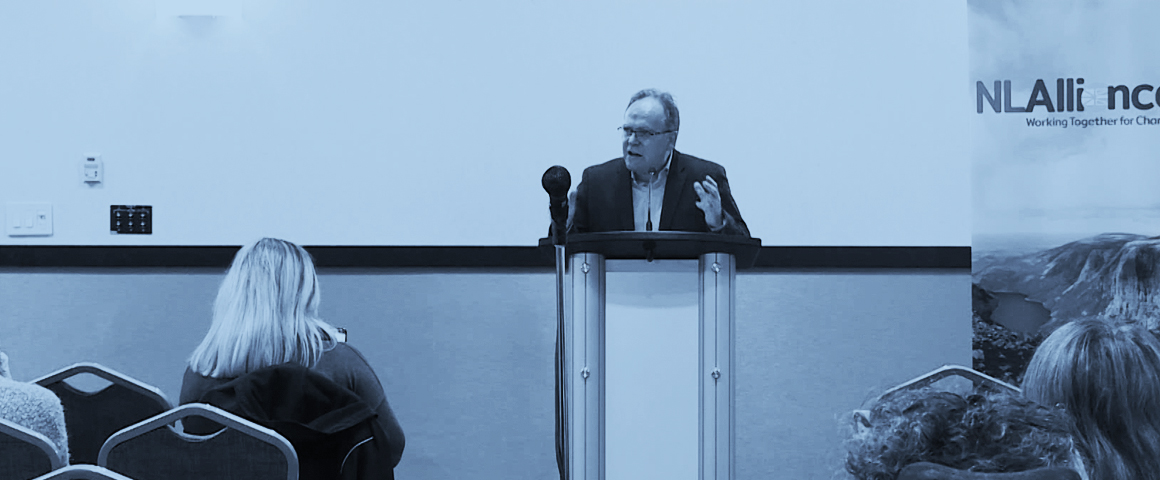Newfoundland and Labrador held its general election on May 17. When the Dwight Ball Liberals called the election in April, it seemed unlikely that the opposition parties would make much of a dent. It is hardly the case that the Liberals had mass support, but neither the PC nor NDP parties offered much to spark the electorate, and the new NL Alliance “non-party” failed to make an impression.
Indeed, the early election seemed to catch the other parties off guard, and none ran a full slate of candidates. The Conservatives ran in thirty-nine of forty districts, but in some simply managed to get names on the ballot and little else. The NDP only managed to run in fourteen districts. And the Alliance, being new and with few resources, ran in only nine. The wonder of it all is that Dwight Ball managed to hold on to government by such a slim margin, winning in only twenty districts.
The Liberals seemed to start with a strong but unfair advantage. On the grounds of avoiding a provincial election near to the upcoming federal contest, Ball had announced that the provincial election would be earlier; “before the end of the school year” to be precise. It gradually became clear that the election would be called in mid-April, interrupting this year’s budget.
The budget itself was more of the usual, and Ball touted the Atlantic Accord discussions with Ottawa as adding nearly $2 billion surplus to the budget. It wasn’t really a surplus, just a convenient accounting method that included money from the federal government to be paid out over the next few decades as per Atlantic Accord arrangements. Major infrastructure funding announcements were made in early April as well, most notably a new prison to replace the decrepit Victorian-era dungeon on Quidi Vidi Lake, a new mental health facility, and a new regional hospital in Corner Brook (which had been announced by the Danny Williams government years ago, and the grounds are still sitting empty). And all of these are to follow the P3 funding model, which the Liberals are much enamoured with of late.
It quickly became apparent that the budget would not be passed in the House of Assembly before an election was called, and so Budget 2019 essentially became incorporated into the Liberal Party platform. The Ball Liberals keep talking about “the way forward”, but if we’re moving forward it is only on momentum from the oil sector, upon which the province intends to remain dangerously dependent.
Meanwhile, the ever oxymoronic Progressive Conservatives were hoping to jaunt back into governance under the leadership of Ches Crosbie, scion of one of the most influential old merchant families of the province. The dreadfully uncharismatic Crosbie tried to pretend that the debacle that is Muskrat Falls was not their problem, openly stated that he’d start with healthcare when trying to find cost savings, came across as a dinosaur for criticizing efforts to reduce carbon emissions (however flawed those efforts are) and referring to the province’s oil as “ethical oil”. The platform even touted further hydroelectric development as a priority!.
There was a positive platform plank of note: affordable daycare. Of course affordable in the PC definition is apparently $25 a day, with subsidies for families earning under $32,500. There was no mention of whether such a system would be public or what standards it would follow. Crosbie’s speaking didn’t get many people fired up, and his campaigned was further undermined when it became known that one of his candidates, Michael Normore, publicly stated opposition to same sex marriage, abortion, and open immigration. Crosbie initially said he “disagreed” with Normore but that he was still their candidate; he was ultimately forced out of the party in order to save face when the matter came under public pressure. They elected fifteen MHAs.
The NDP was undermined by leadership squabbles following the retirement from politics of their two members in the House. Among other things, their platform advocated for a $15 minimum wage by 2020, affordable housing (specifically public housing according to at least one of their candidates), expansion of public transit, pay equity legislation, and oddly enough, shared a commitment of $25 a day daycare with the PC platform, which they at least said should be public and universal. There were nods to environmental sustainability, but no direct challenge to big oil and its role over the economy. And of course there was no challenge to big business in any meaningful sense, such as increasing corporate tax rates. The NDP was elected in three districts, two in St. John’s and a squeaker 5-vote win in Labrador West (where a judicial recount will take place on June 19).
So the results were: 20 Liberals, 15 Conservatives, 3 NDP, and 2 independents. The pending recount in Lab West is certainly bearing hard on Dwight Ball’s mind, being only one seat away from a majority. When the results came through, Crosbie undermined himself further by refusing to concede and vowing to defeat Ball at the earliest opportunity by forming a coalition. How he expected that to happen is unclear, and he evidently came to his senses when he half-heartedly apologized for his remarks a few days later.
Given the circumstances, the results should be considered one of the better outcomes if for no other reason than the Liberals will need to be more cooperative with the other parties. The NDP might play a major role in that, but the two independents are former Liberals, and Ball may sooner look to them for support in the House. In any case with enough public pressure, the Liberals will have to tread carefully indeed. And if nothing else, we have avoided yet another Conservative sweep in provincial politics.




